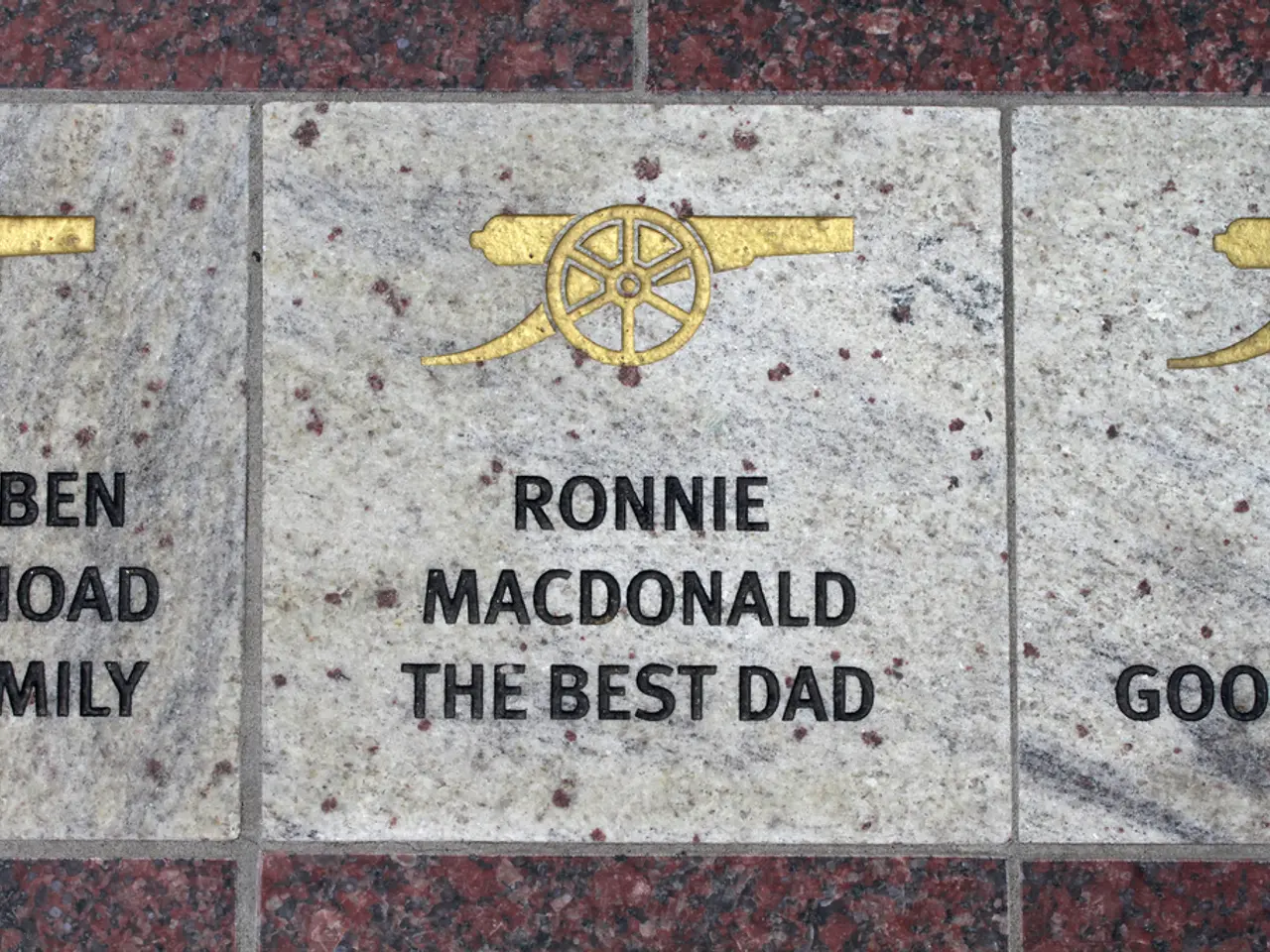China Admonishes Japan to Select Correct Option
In the heart of Beijing, Liu Jinsong, Director-General of the Chinese ministry's Department of Asian Affairs, summoned Akira Yokochi, the No. 2 official at the Japanese Embassy. The summit was a response to the visits made by Japanese cabinet ministers, including Shigeru Ishiba's administration, to Tokyo's Yasukuni Shrine on the 80th anniversary of Japan's surrender in World War II.
China's stance on Japan's handling of the anniversary has been highly critical, with concerns over what China perceives as history distortion and visits to the Yasukuni Shrine by Japanese officials. China views these actions as attempts to deny or whitewash Japan's wartime aggression, which continues to strain bilateral relations.
Key points of China's position include the importance of remembering the Chinese People's War of Resistance Against Japanese Aggression accurately, with a focus on the enormous sacrifices China made during the war, resulting in over 35 million casualties. China also accuses some Japanese political forces of historical denial and distortion, particularly concerning the lack of explicit acknowledgment of Japan's wartime atrocities and ongoing controversy over visits to the Yasukuni Shrine.
The Chinese government condemns visits by Japanese officials to the Yasukuni Shrine, viewing these visits as glorification of Japan's militaristic past. Notable visits, such as those by Shinjiro Koizumi and Katsunobu Kato in 2025, drew sharp criticism from China.
In preparation for the anniversary, China is organizing a large military parade and commemorative events emphasizing the narrative of victory over Japanese aggression and the importance of learning from history to defend peace. China also interprets some Japanese official commemorations and statements as insufficiently remorseful or as attempts to downplay wartime responsibility.
Meanwhile, diplomatic tensions are reflected in Japan’s request to other countries to avoid attending China's commemorative events, characterizing China's narrative as having "anti-Japanese overtones" and cautioning participation by foreign leaders.
In a press conference held in Beijing, Chinese Foreign Minister Wang Yi announced China's position regarding the anniversary. Wang Yi urged Japan to make the right choice, stating that international documents such as the Potsdam Declaration define Japan's responsibility for the war. Wang Yi also emphasized China's claim that Japan should return territories, including Taiwan, to China.
Liu Jinsong, a high-ranking official in the Chinese Foreign Ministry, also protested against visits to Tokyo's Yasukuni Shrine by Japanese officials. These protests were made on the same day as the visits to the shrine.
The Yasukuni Shrine, a site of controversy due to its association with Japan's wartime past, has been a recurring point of contention between the two nations. This latest round of protests and diplomatic tensions underscores the ongoing sensitivity surrounding Japan's wartime actions and their impact on the present day.
- The Chinese Foreign Minister, Wang Yi, during a press conference in Beijing, appealed to Japan to acknowledge its war responsibility as defined by international documents such as the Potsukam Declaration.
- In the realm of general news, China's Foreign Ministry, represented by Liu Jinsong, has been highly critical of Japanese officials visiting the Yasukuni Shrine, a site of controversy due to its links with Japan's war-and-conflicts past.
- As part of the commemoration of the anniversary, China is organizing a military parade and events, focusing on the history of the Chinese People's War of Resistance Against Japanese Aggression and emphasizing the need for remembrance to uphold peace, a policy-and-legislation stance that has been influenced by the immense casualties suffered during the war.







